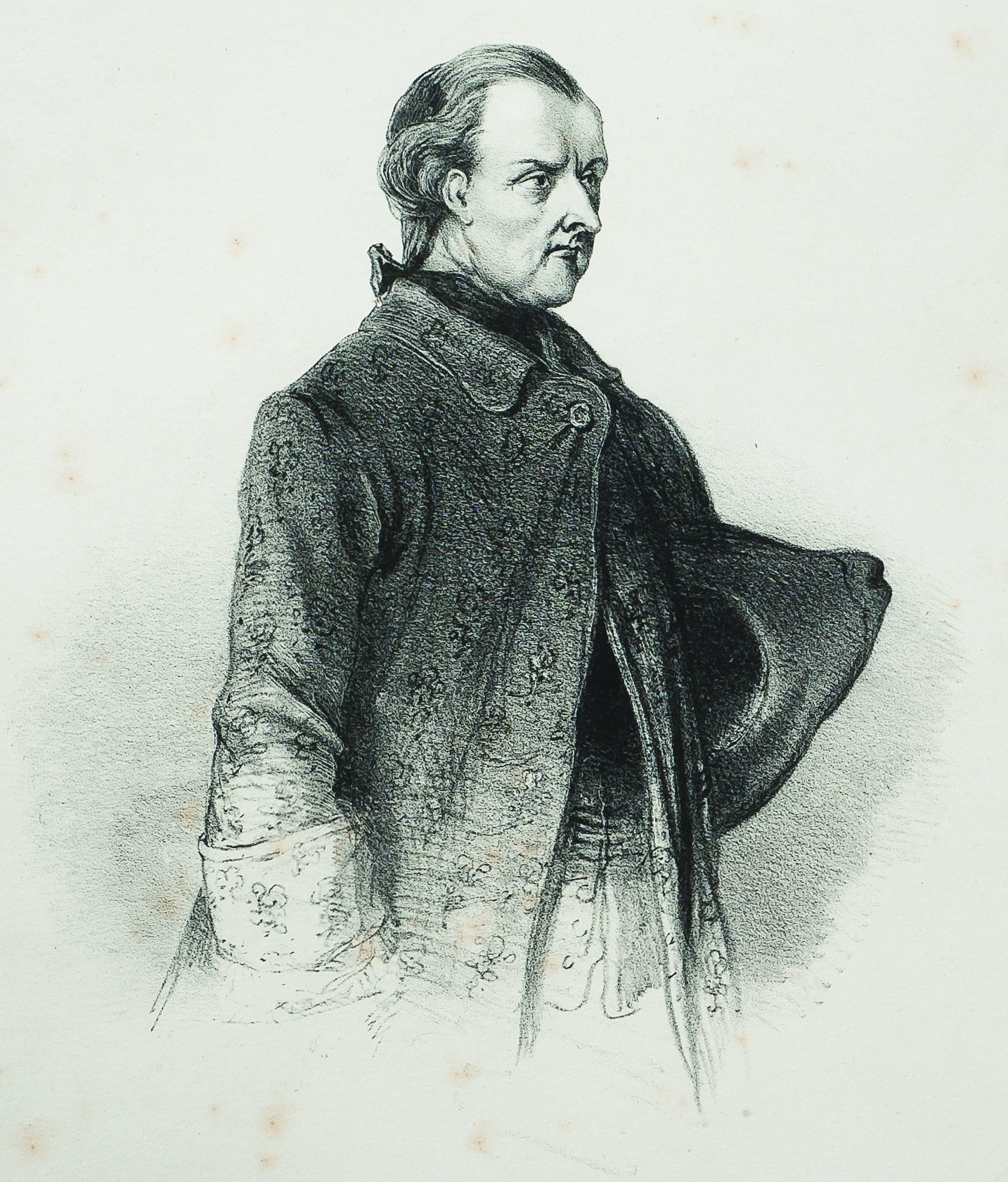Marx and Engels published "The Communist
Manifesto" in 1848. Unbeknown to both them and many others, a de facto
socialist state had already been created...in the small and isolated Latin
American nation of Paraguay.
The curious regime of Dr. José Gaspar Rodriguez de Francia lasted from 1814 to 1840. Francia called himself El Dictador (The Dictator) and was president for life. His detractors have accused his regime of terror, and the man himself of being literally insane. Richard Alan White's book "Paraguay's Autonomous Revolution 1810-1840" is an attempt to defend Francia's politics from a Third Worldist and neo-Marxist perspective. Remarkably, the book is published by the University of New Mexico Press.
White believes that Francia had strong popular support in Paraguay. He describes the politics of El Dictador in some detail. Paraguay had a virtual planned economy with a state monopoly on foreign trade. Import and export prices were set by the government. A radical land reform was carried out, and large tracts of land were taken over by the state. The power of the traditional Spanish and creole elites was broken by confiscating most of their property. The Catholic Church was closely supervised by the government, and most of its lands confiscated. Interestingly, Paraguay managed to break its neo-colonial dependence on a few cash crops (yerba and tobacco), creating a diversified and self-sufficient economy, even growing enough food to sustain its population. A program of public works was instituted, which abolished begging and vagrancy. White claims that taxes were lowered, the budgets balanced and sustainable development promoted. Francia also gave asylum to fugitive slaves from other nations and deserters from the various civil wars in Argentina.
What White never really explains, is how this socialistic regime could possibly have been set up in a backwater like Paraguay 200 years ago. He does hint at some explanations, however. The main one is precisely the isolation of the country. The ruling elites were weak and faction-ridden. This presumably made it easier for Francia to take power. Also, the constant blockades of Paraguay by neighbouring Argentina (who resented Paraguay's neutrality during the various wars of the period) made it necessary to create a self-sufficient, near-autarkic economy. However, the author never analyzes this question in depth. He also claims that the autonomous revolution didn't end until the death of president Francisco Solano Lopez in 1870, but never backs up the statement. Nor does he discuss the tricky consequences for Marxist theory which surely must strike everyone reading about Paraguay. How can socialism (or something closely resembling it) be set up in a Third World nation without an industrial proletariat? Doesn't this disprove the Communist Manifesto?
As already mentioned, most other treatments of Dr. Francia's reign are very negative. I've previously reviewed a book by Rengger and Longchamps originally published in 1827, which gives a very different view of the period. From this book, I got the impression that Francia's regime was based on creole plebeians, but not on Indians and Blacks, who continued to be discriminated in various ways. White at least implies that the regime was really based on the Indians (and presumably poor creoles). As for the Blacks, White admits that Francia never abolished slavery, although he reports that Francia eventually manumitted his own slaves (both of them). The decision not to abolish slavery is curious, considering that only 2% of the population were slaves.
In contrast to many other sources discussing Francia, White says very little about the supreme leader's personal character or background, although he admits that Francia made himself into a dictator, and that virtually all decisions in the country were made by or scrutinized by him. He also mentions Francia's harsh measures against political opponents, connected to the former elites or foreign intelligence operations. The various rumours about Francia's erratic temperament and bizarre actions are hardly discussed at all, probably quite rightly. It's not very likely that somebody who almost single-handedly ruled an entire nation for 26 years would have been clinical!
Where did the president for life get his revolutionary ideas from? This seems to be unclear. Rengger reports that Dr. Francia was fluent in French, claimed to be part-French (hence his name) and admired Napoleon. He knew about Rousseau and Voltaire. White points out that Francia studied in Spain and was influenced by the Enlightenment, but is less sure of the concrete influences. He sees parallels with Rousseau, Volney and Babeuf, but also mentions Saint-Simon, a contemporary. Ironically, Francia's doctorate seems to have been in...theology!
Regardless of what one may think of Dr. José Gaspar Rodriguez de Francia, "Paraguay's autonomous revolution" is indispensable reading for those interested in this particular part of world history.

Jag har för mig att det också funnits en jesuitisk "socialistisk" stat i Latinamerika nån gång, eller har jag blandat ihop något?
ReplyDeletehttps://ashtarbookblog.blogspot.com/2018/09/jesuits-and-natives.html
ReplyDelete